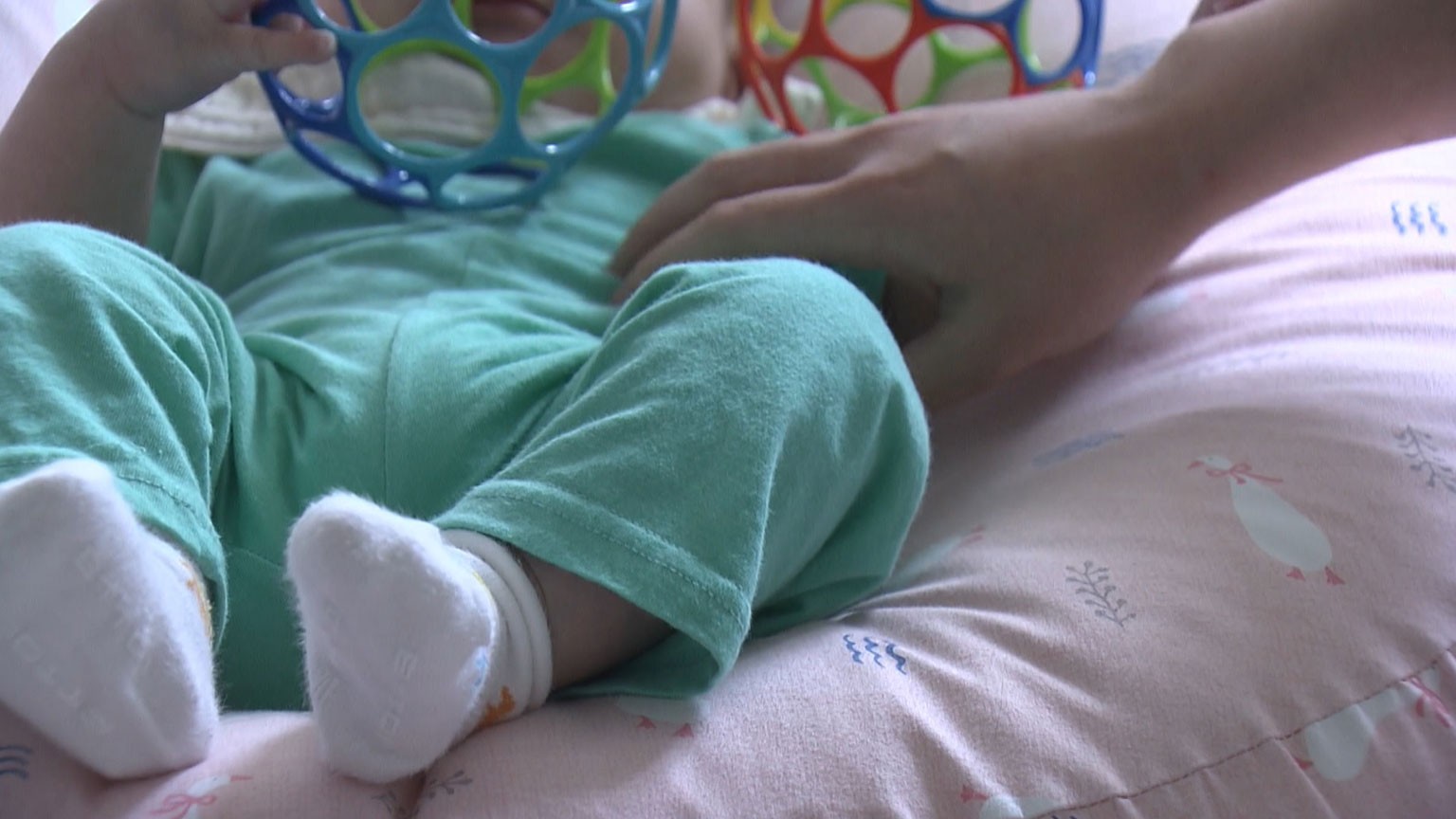A sad tally
In June, South Korea's Board of Audit and Inspection (BAI) reported that 2,236 babies born in medical institutions between 2015 and 2022 were not registered with the government.
To calculate the extent of the problem, the board compared the number of temporary registrations assigned to babies born in medical institutions with official resident birth registration figures.
The so-called "ghost baby" phenomenon became an issue with the discovery in June of two babies' bodies in a home freezer in an apartment near Seoul. Their mother, a woman in her 30s, was arrested on murder charges.
According to news reports, she told the police she killed the infants because she was too poor to raise them. Around the same time — in a different part of the country — an unregistered newborn's body was found dumped in the mountains.
The National Police Agency launched an investigation into the whereabouts of unregistered babies and the National Assembly passed a controversial bill to close the administrative loophole.
Efforts are underway to help women deal with unplanned pregnancies. Many such women also face difficult personal circumstances including poverty and isolation.
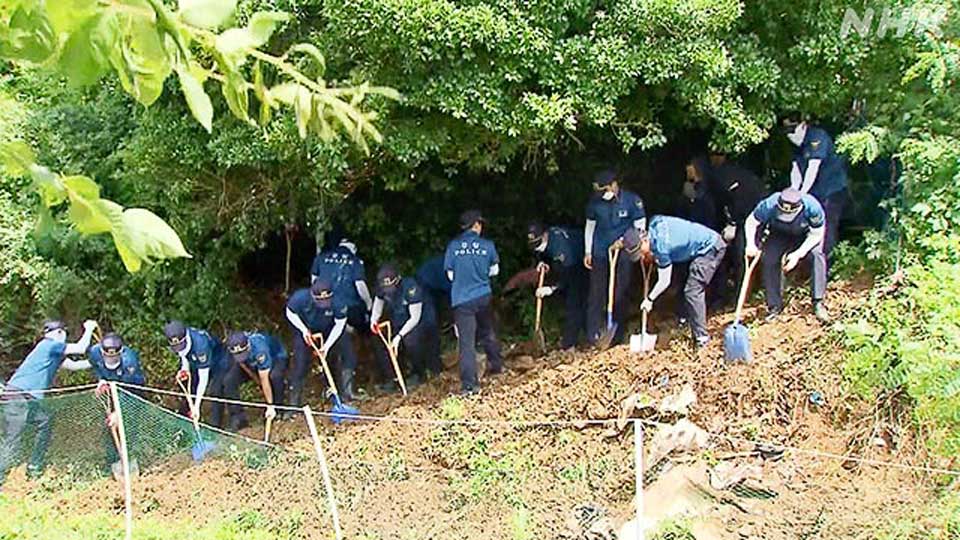
So far, police have identified about 1,000 babies who were abandoned anonymously at baby drop-off boxes at churches and other facilities. They have confirmed the cases of 200 dead infants. Many who died had been ill, but some cases are being investigated for foul play. Work continues on the whereabouts of the remaining children.
Helping women navigate unplanned pregnancy
The core of the problem is believed to be inadequate support for women dealing with unplanned pregnancies. A term like "single mothers" on Korean search engine Naver reveals heartbreaking cries for help:

"I'm 15 and in my third year of junior high. I'm eight months pregnant ... are there any support facilities for single mothers I can enter without my parents knowing?"
"My boyfriend regularly beats me, so I'm afraid to tell him I'm pregnant. Even if I do give birth, it's unlikely I could create the environment needed to raise a baby. I hate myself for even thinking about giving my baby up for adoption before actually giving birth." (Student in her 20s)
"My partner, who's the father, is opposed to having the baby. I have no confidence in raising a baby properly, and my living expenses will run out soon. There's no one around that can help me." (Woman in her 20s)
Many women with unwanted pregnancies hide their situation, or worry they cannot raise the child. Those concerns can lead them to fail to register newborns' births, turning the infants into so-called "ghost babies." Some of them are dropped off at designated baby boxes. In some cases, those babies died and their bodies were disposed of.
Isolation and child abandonment
One expert points to a stigma attached to single motherhood in Korean society and says women in need of support are not always finding those resources.
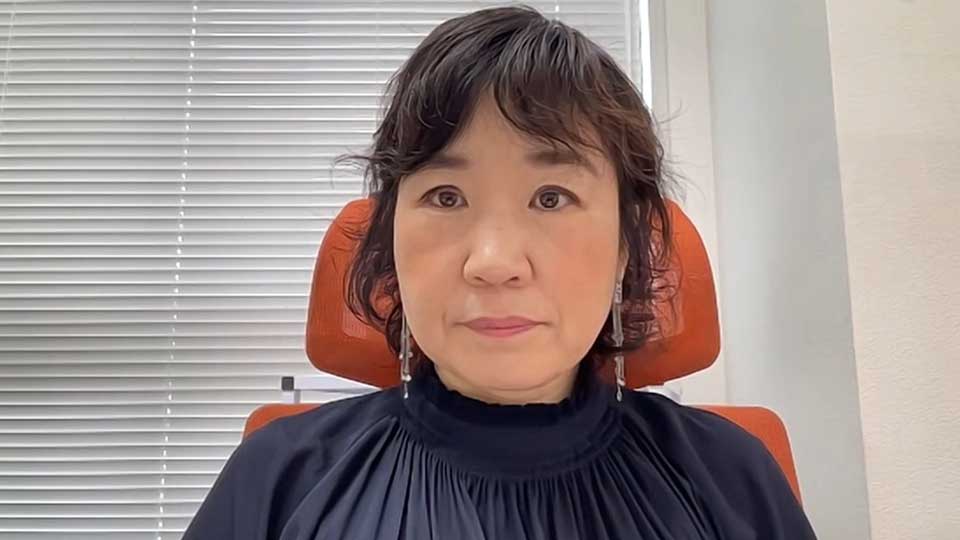
"Because of patriarchal family norms, unwed single mothers are severely looked down upon in Korean society. Moreover, not only do they not want others to know, but women who are economically disadvantaged, socially disadvantaged, or lack information don't know how to find the necessary resources. Isolation occurs when there's this information deficit, or they are unable to raise a child in their circumstances," says Mejiro University's Professor Kang Eunhwa.
But Kang says there are established facilities where women can seek help.
Protecting mothers and children
One such facility is Aeranwon, located in Seoul, which offers support for women dealing with unplanned pregnancies, as well as long-term assistance.
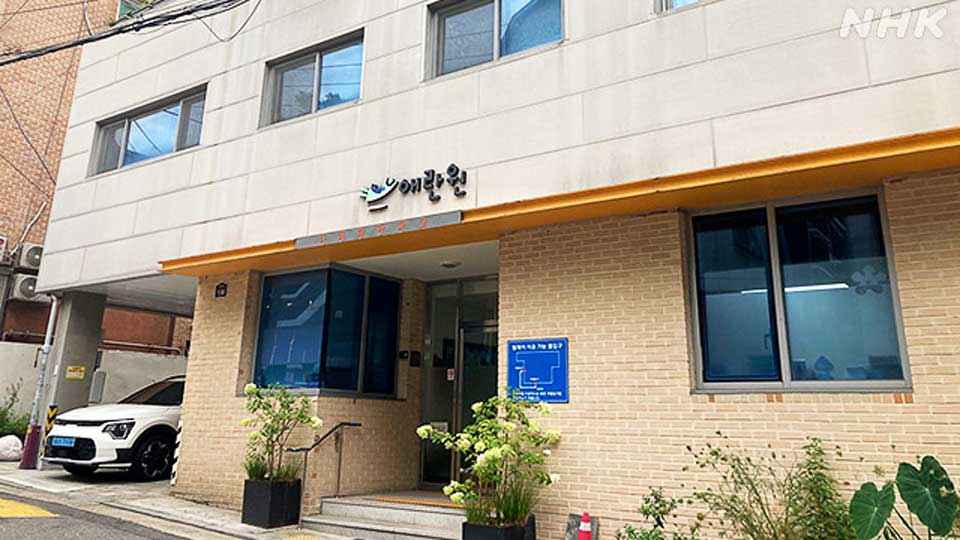
Aeranwon was set up to protect the livelihoods and independence of struggling single mothers. It currently houses about 40 mothers and their babies.
The government pays for about 80 percent of its operational expenses.
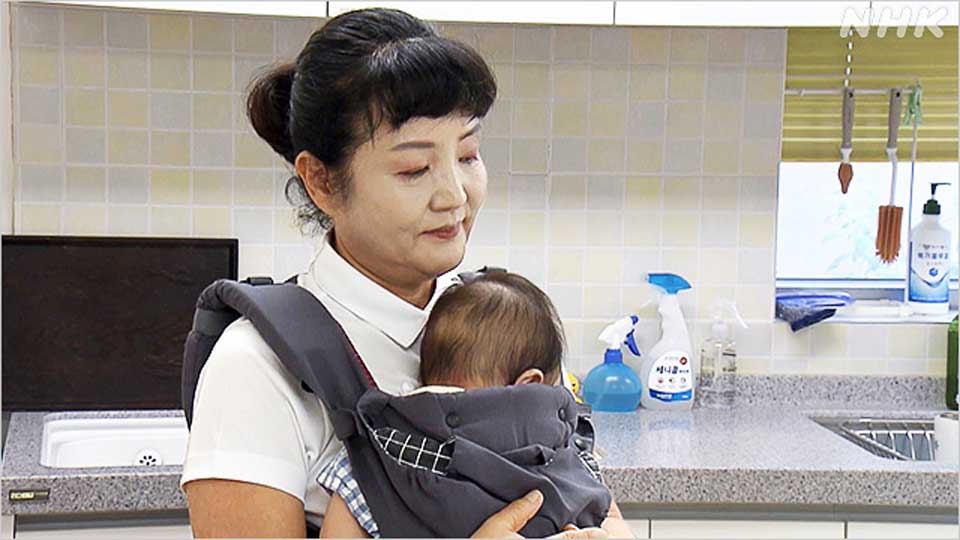
Aeranwon provides consistent long-term support for single mothers until they can achieve independence. Services include counseling, pre- and postnatal care, childcare, and vocational and employment support over five to seven years to help women find self-sufficiency and stability.
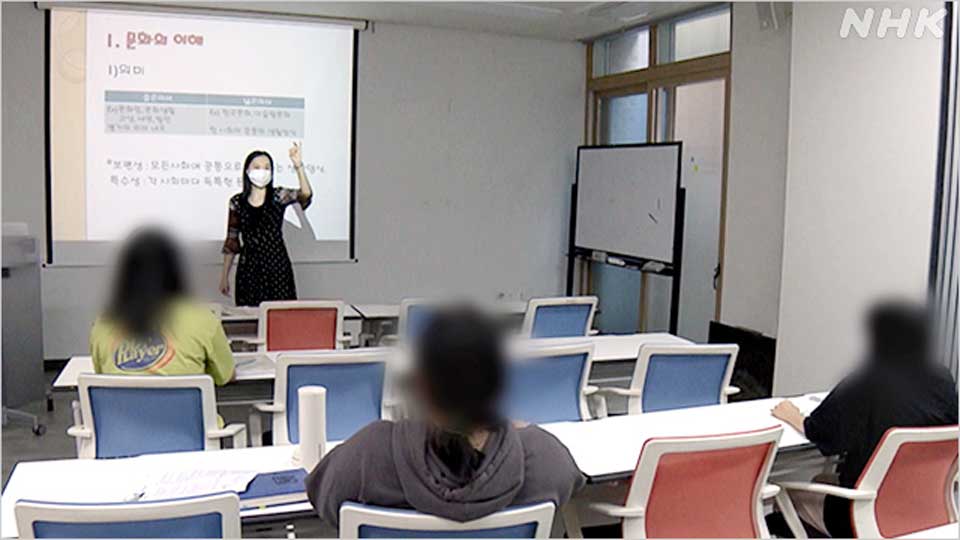
Teen mothers can complete their high school education through the facility's Narae Alternative School. For mothers who attend high school or college, Aeranwon provides childcare.
A woman in her 20s spoke to NHK World with her five-month-old baby in her arms.
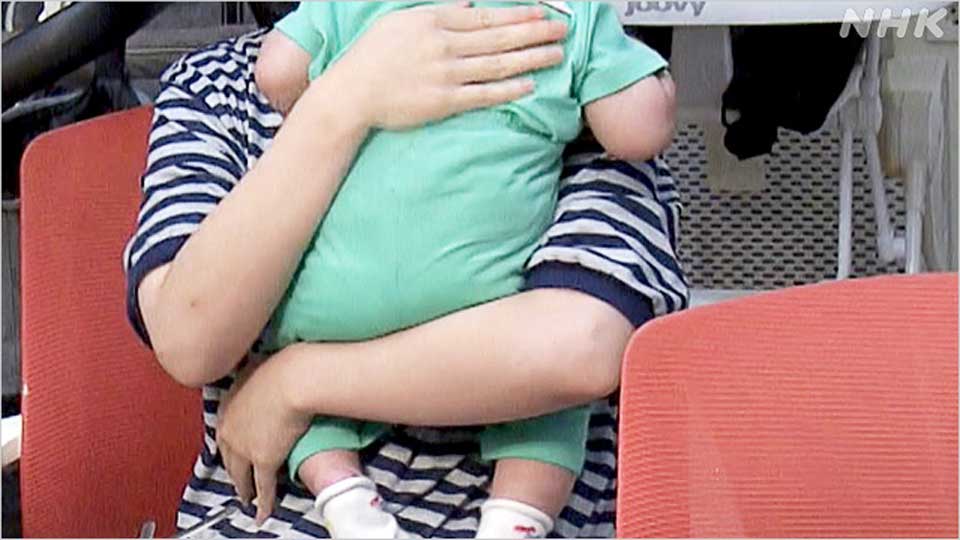
She said her partner disappeared when she revealed she was pregnant. Her own parents abandoned her, and she was stuck in a difficult financial situation. She first learned of Aeranwon online.
"I felt so relieved when I heard they could provide support because I wouldn't have to worry about food, clothing, or shelter. I was also told that I should think carefully about what I'd want to do if I was planning to put my baby up for adoption."
She is now raising her child while striving for independence.
"It's my dream to work independently and earn a stable income while raising my child. I want to get qualifications in computer science and assistant nursing. If I say I want to do something, they support me in that. I don't know what would've happened if I had been by myself."
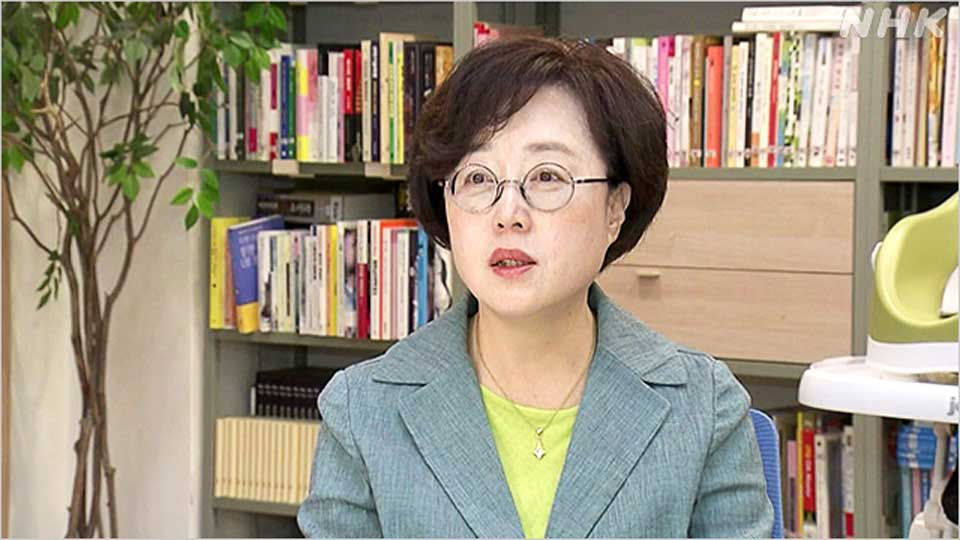
Aeranwon director Kang Young-Sil explains that if women knew how to access support, they would choose alternatives to giving up their children.
"More people would choose to raise their own children if they were well connected with the proper systems and given counseling from the time of pregnancy to support in planning for the future.
"There are 22 childbirth support facilities and 42 childcare support facilities nationwide. However, people don't know about this. Authorities need to extensively promote these types of facilities."
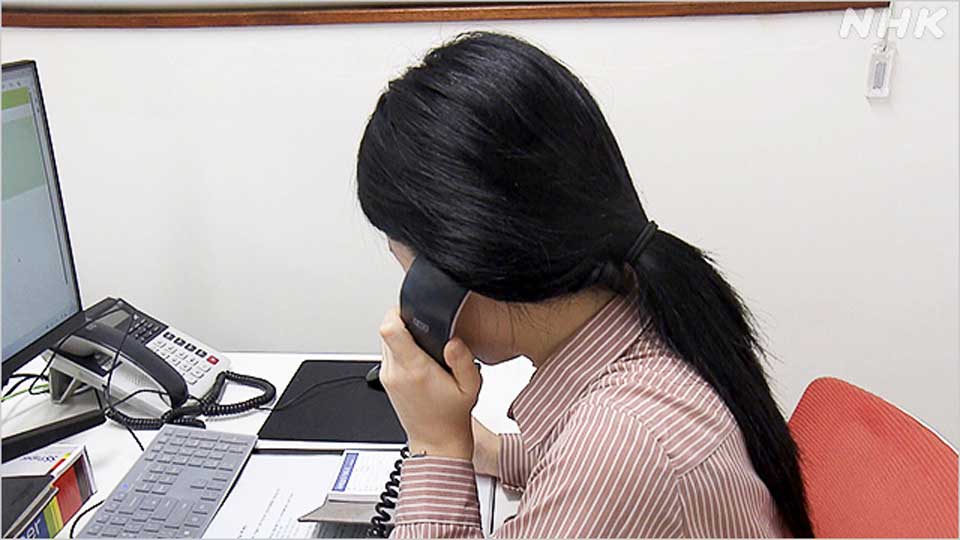
Local government agencies are taking action and in September, the Seoul Metropolitan Government established a 24-hour hotline.
The service provides anonymous consultations and connects callers with the necessary facilities for each stage of pregnancy, such as medical exams, childbirth, and child-rearing. It is the first project of its kind directly undertaken by the city.
"It's important to start institutionalizing support in the public sector," says Kwon Se-ho from Seoul Metropolitan Government's Woman & Family Policy Affairs Office.
Legislative change
South Korea's National Assembly has passed a series of bills to address the problem of unregistered births.
In June, lawmakers established a new birth notification system, mandating hospitals to provide the government with information about newborns. That allows local governments to track the whereabouts of babies born in hospitals even if parents fail to register them.
That led to concerns that women who want to hide their pregnancies may feel forced to avoid hospitals and give birth at home without proper medical care, adding risk for mothers and newborns.
With that in mind, an additional law was passed in October allowing mothers to give birth anonymously at medical facilities where they can feel safe with proper care.
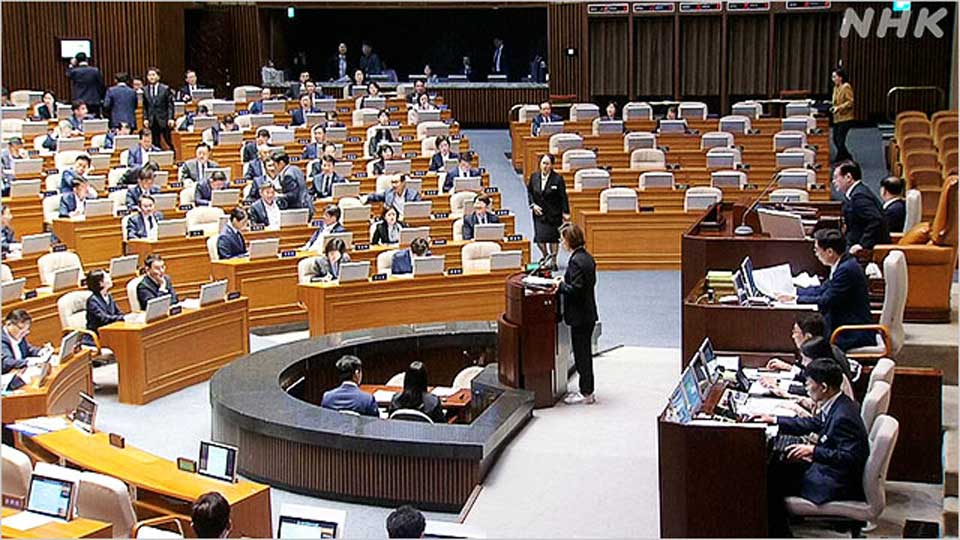
Continuing controversy
The anonymity provided by the Protected Birth Bill has caused some division. Some believe it is necessary to protect mothers and children, while others believe it promotes child abandonment.
The system does not guarantee a child's right to discover their origins and learn about their parents. When women give birth anonymously, their personal information is not disclosed to the local government or the medical institution. Instead, their identity is protected by a designated national agency.
After reaching adulthood, a child can request the information. However, if the parents do not consent, or if consent cannot be confirmed, the request will be denied.
South Korea's Yonhap News Agency covered the issue on October 7, saying: "It may be expected that high-risk out-of-hospital births and 'ghost babies' will decline, but there are concerns that this encourages child abandonment."
